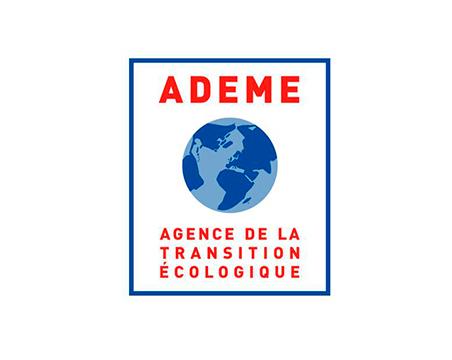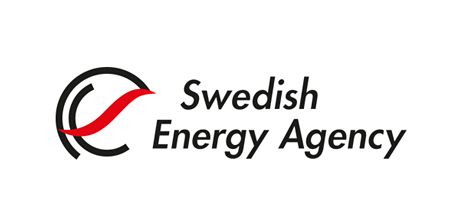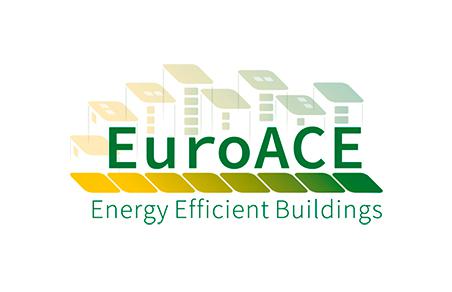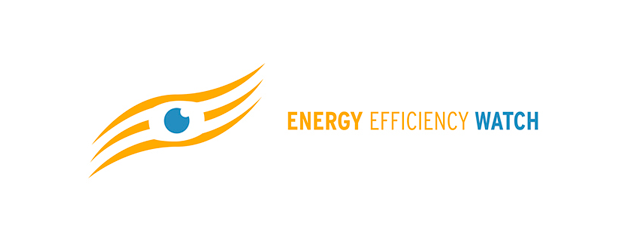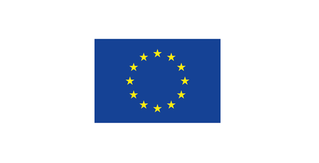Panel 1. Dynamics of consumption
The recent energy crisis in Europe has been another eye-opener on the urgency and benefits of saving energy. Measures to foster efficiency and sufficiency have been debated and sometimes adopted in a hurry. The acknowledgement of the role of sufficiency in the latest IPCC report and in an increasing number of climate scenarios is a milestone. However, key questions remain on how to mainstream lifestyle and societal changes in the long term, and bring all segments of the population in.
Furthermore, the crisis has triggered a renewed interest for energy independence from foreign imports, both at national and individual level. This opens promising opportunities for the prosumer agenda and potentially profound changes in our relationship to energy use. The implications must still be studied to support this paradigm shift.
Alas, soaring and volatile energy prices have also had detrimental impacts on the most vulnerable households. Targeted initiatives to mitigate energy poverty and provide fairer access to clean and efficient energy services are sorely needed, without undermining the incentivising effect of higher prices for the general population and economy. Lessons from successful programmes and policies are very much welcome.
In this momentum of accelerated issues and eagerness for decisions both from policy-makers and individuals, the research results, feedback from the field, insights and foresights from our community are needed more than ever to support the necessary changes.
Panel 1 welcomes contributions on topics such as:
- How have the recent global crises (COVID, Ukraine, etc.) altered our relationship to energy use and energy savings? How do those changes interact or conflict with other major trends such as digitalisation and electrification?
- What are the conditions and infrastructures to ensure more drastic energy cuts from high consumers, and fairer access to energy services? What can be reasonably expected from sufficiency and what impacts may be anticipated on the economy and business models?
- What do prosumer approaches change to energy usages, and how far can they contribute to independency and energy justice? In which ways may their uptake be facilitated?
- How has energy poverty changed in the face of increasing prices? What can we learn from successful programmes to reach out to the most affected populations? How can we make efficiency and sufficiency accessible and affordable for everyone?
- What new insights can be deducted from these evolutions in the consumption research field, and the role of key factors (such as power, gender, social norms, etc.) to design effective and socially just energy saving policies and programmes?
Panel leaders

Florin Vondung, Wuppertal Institute for Climate, Environment and Energy, Germany
Florin Vondung is a Senior Researcher and project coordinator at the Wuppertal Institute for Climate, Environment and Energy, working in the Energy Policy Research Unit. Since he joined the Institute in 2012, he has been involved in and coordinating various regional, national and international projects on energy efficiency policy design and evaluation. The overall focus of his work is on energy efficiency governance in multilevel systems, the social dimension of energy (efficiency) policy and the analysis of barriers to and drivers for individual energy efficiency decision making. A particular focus of his work in the last seven years has been on the quantitative assessment of energy poverty in the EU and the modelling of impacts of energy efficiency actions/scenarios thereon. Florin is a political scientist by education and has studied at the universities of Konstanz, Rutgers and Princeton with a focus on environmental policy and economics as well as policy and programme evaluation.

Edouard Toulouse, négaWatt Association, France
Edouard Toulouse is an engineer trained in environmental protection. He has specialised in energy efficiency legislation and advocacy, notably on ecodesign and labelling regulations for products at EU level. As an independent consultant and member of the French négaWatt Association, he has expanded its expertise to energy sufficiency and the role of lifestyle change to curb energy demand. He has recently contributed to research and modelling projects centered on sufficiency, such as the European CLEVER scenario and the EU-funded FULFILL project. He is also one of the founders and the current manager of ENOUGH, the International Network for Sufficiency Research & Policy.











